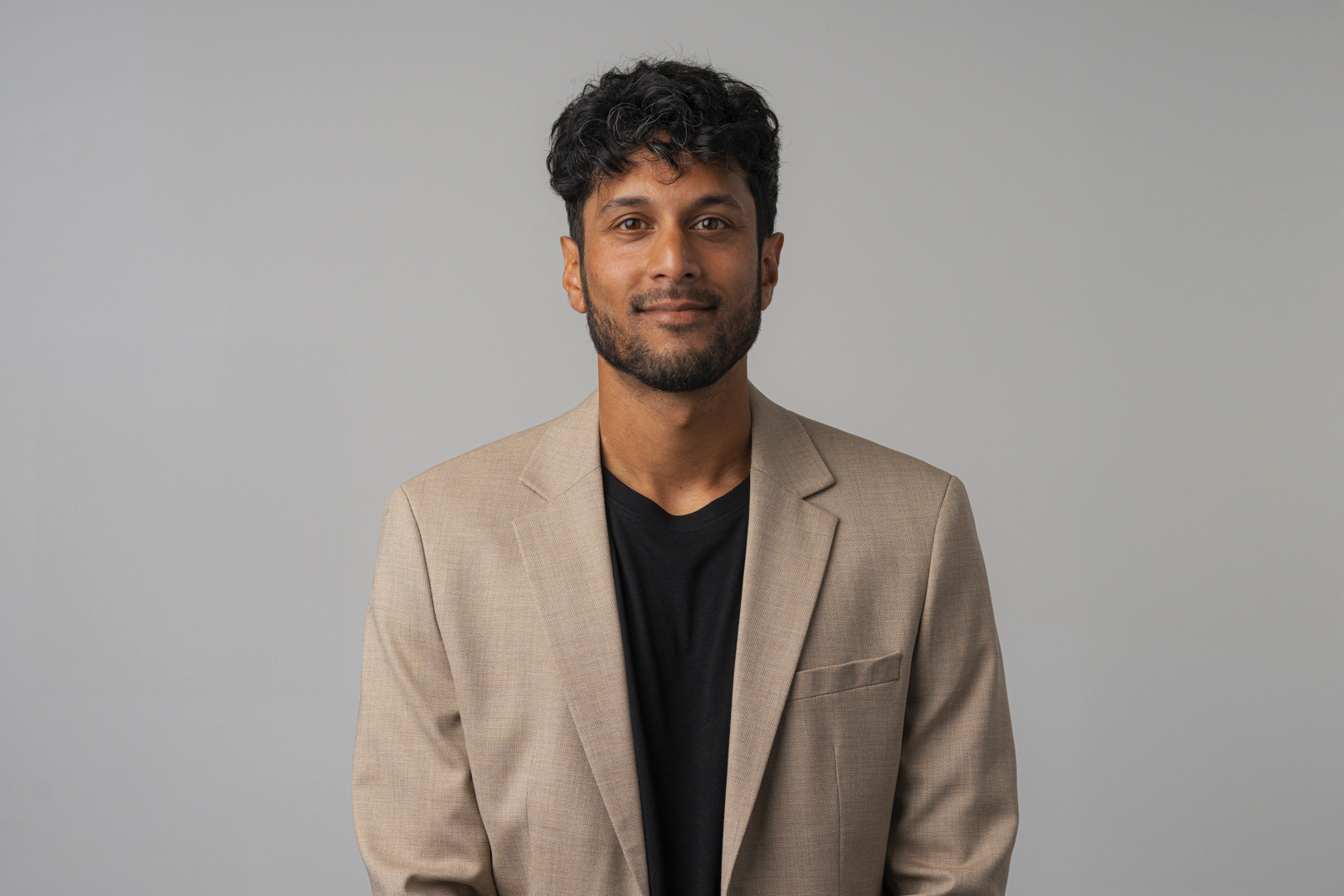Suthan Krishnarajan
Research leader

Project title
Advertising Democracy
What is your project about?
Politicians often violate democratic rules and norms in Western democracies without facing electoral consequences, posing a significant challenge to our democracies today. Previous efforts to bolster citizens’ democratic values have generally failed, partly because people, understandably, do not want to spend their limited free time studying complex democratic information from researchers and experts. My project addresses this reality by rethinking democratic communication for the 21st century. It seeks to reinforce citizens’ democratic values through advertisements — a medium that demands minimal time and focus from individuals. The project will explore whether such democratic advertisements can strengthen citizens’ democratic values and, if so, determine the most effective design for these advertisements.
How did you become interested in your particular field of research?
Advertisements are ubiquitous today. They are used by companies to sell products, by political parties to convey political messages, and by public authorities to change societal behaviors, such as qutting smoking, reducing traffic speed, or wearing face masks during pandemics. Since childhood, I have been fascinated by advertisements, observing them with great curiosity in magazines, on TV, and at bus stops. I have witnessed their powerful influence on our behaviors in our daily lives. Imagine harnessing this effective communication form to promote the most vital aspect of our society: democracy and democratic values.
What are the scientific challenges and perspectives in your project?
The biggest challenge of this project is convincing people about the idea of advertising democracy. Many instinctively feel that democracy cannot be conveyed through advertisements, believing it to be too complex and undignified for such a medium and doubting its capacity to effect profound value changes. But why not?
What is your estimate of the impact, which your project may have to society in the long term?
My project systematically creates democratic advertisements using artificial intelligence and photo editing, testing their effectiveness in a series of experiments across six countries—the United States, Israel, Germany, Denmark, Estonia, and Poland. The goal is to examine whether democratic advertisements can strengthen citizens’ democratic values and how to design them most effectively. This project introduces a new research agenda within the field of Political Science that rethinks political communication and systematically examines which visual elements yield the best results. Hopefully, this project will ignite societal change, making democratic advertisements as frequent and natural as all other ads we encounter daily.
Which impact do you expect the Sapere Aude programme will have on your career as a researcher?
Receiving the Sapere Aude: DFF-Starting Grant is a great honor for which I am immensely grateful. The grant enables me to hire talented researchers and form a dedicated research group for the project. It also provides the resources to conduct large-scale, resource-intensive experiments across several countries. I am incredibly excited to begin this journey.
Background and personal life
I am originally from Sri Lanka, from where my parents fled to Denmark in the late 1980s. I grew up in the small town of Struer by the Limfjord, which I still consider my hometown even though I currently live in Aarhus. I enjoy playing sports such as football and tennis and spending time with family and friends in my spare time. Additionally, I am a whisky enthusiast, appreciating both Scottish varieties and the many promising Danish whiskies that have emerged in recent years. If you get the chance, I highly recommend trying them!
View all research leaders here
Research institution
Aarhus University
Research field
Political Science
City of your current residence
Aarhus
High school
Aalborghus Gymnasium
